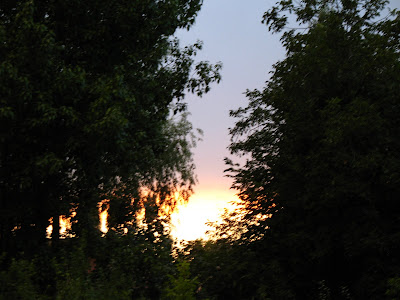
Modern India’s worst ever floods continued to eat up vast swathes of farmland in Bihar, with a much larger war to fight: thousands of acres of barren farmland, property squabbles, no cattle to plough the land, and homeless millions.
The flooding in the Kosi River , currently pulverizing several parts of northern Bihar , has affected almost a third of Bihar ’s 83 million people and submerged 1.1 lakh hectares (2.75 lakh acres) of farmland. That is 1,100 square kilometers, slightly less than the entire area of New Delhi .
It is the mother of all floods: the river is now 32 kilometres wide.
Unlike other rivers which bring fertile silt with them, the soil brought by the Kosi is like poison for the soil of the affected area. The river has been notorious for centuries for destroying the land it touches.
“The Kosi brings with it coarse sand and gravel from the upper reaches of the river system … it will make the land almost barren,” said Dr. M.A. Khan, a top eastern India official with the Indian Council for Agricultural Research.
“It will badly affect the food security of the state, and will take a long time to repair,” said Khan, speaking by telephone from Patna.

At the largest relief camp in Purnea town, many of the 2,600 villagers rushed to have their name written on an HT reporter’s notebook, hoping that simple act would help bring them back their lost land.
Young men elbowed their way in, announcing their names, and the names of their village, post office and district. Old men folded their hands. Women stood on their toes.
Those who do not have barren land will have a worse crisis: their seeds are all washed away, they have no fertilizers, thousands of cattle are dead, leaving no way to plough the land in the impoverished area that has small land holdings and cannot afford tractors.
“This is a matter of very serious concern … There is a saying in those parts: wherever the Kosi goes, not even a blade of grass grows there for 20 years,” said Pratyaya Amrit, additional commissioner in the state’s disaster management department.
World Bank officials met state officers on Tuesday to discuss the issue, and the central government will send a team of agriculture experts in two weeks to assess the road ahead, Amrit said.
For many, that does not matter: their land just disappeared.
“Where there was my land, there is now the river. I don’t know what to do,” said Mohammed Wasi, a farmer from Murliganj village, as he stood in a relief camp in Purnea some 75 kilometres from his home.
New land will apppear elsewhere, on the original course of the river, and revenue officials fear widespread land squabbles.
Monsoons are always tough times for northern Bihar, home to 13 crisscrossing rivers. But when the river began changing its course mid-August, it tore down a straight path rather than a meandering curve it had traditionally taken.
“India has sent many floods but this is unprecedented … I don’t think anything like this has been seen before,” said K.M. Singh, a member of the National Disaster Management Authority whose rescuers are saving lives and scooping up survivors in submerged areas.

Even as the central and state governments came in for tough criticism for tardy relief work, officials said thousands of soldiers were on the ground. Some 6.5 million people have been evacuated.
Thousands of people are choking the 260-odd relief camps across several districts, with long uncertainty before them.
“Please write down my name, Sir, I had my wife, three children, six bighas of land, two buffalos and a pair of ox,” said Sudarshan Shah, 45, of Murliganj village.
“Now there is just me.”
(This article appeared in the Hindustan Times on September 4)
































